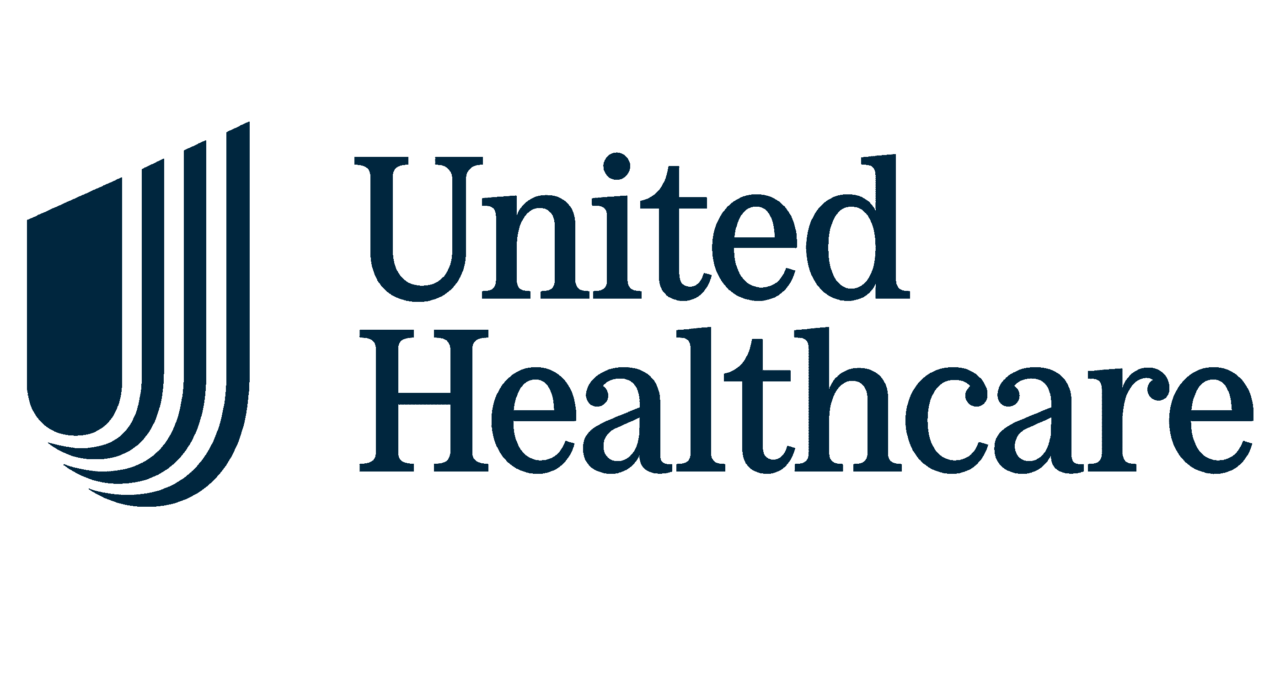
Opioid Addiction Treatment Near Knoxville, Tennessee
Cornerstone of Recovery provides affordable opioid addiction treatment near Knoxville, Tennessee. Our 12-step recovery programs offer comprehensive detox, medication-assisted treatment, and long-term support.
Personalized Opioid Addiction Treatment in Tennessee
Opioid addiction, clinically known as opioid use disorder, represents one of the most serious and challenging forms of substance abuse affecting individuals and families throughout Tennessee and across the United States.
TENNESSEE OPIOID STATISTICS
- 3,038: Annual opioid related deaths in Tennessee, representing a major public health crisis
- 8th: Tennessee’s ranking nationally for fatal overdose rates per capita
- 850,000: Estimated number of Tennesseans who have misused prescription opioids
- 72%: Percentage of opioid overdose deaths in Tennessee involving synthetic opioids like fentanyl
- $11.2 billion: Annual economic cost of opioid abuse in Tennessee, including healthcare and lost productivity
- 68,000: Number of opioid related emergency department visits in Tennessee annually
At Cornerstone of Recovery, located near Knoxville in Louisville, Tennessee, we have dedicated ourselves to providing affordable, accessible, and effective treatment for opioid use disorder through our proven 12-step recovery program combined with modern medical interventions, medication-assisted treatment, and evidence-based therapeutic practices.
The opioid epidemic has reached crisis proportions in the United States, with millions of Americans struggling with addiction to prescription pain medications, heroin, fentanyl, and other opioid substances that have fundamentally changed the landscape of addiction treatment and recovery. What makes opioid addiction particularly complex and challenging is that many individuals first encounter these substances through legitimate medical treatment for pain management, surgery recovery, dental procedures, or injury rehabilitation. This medical introduction to opioids can create a false sense of safety and legitimacy that masks the highly addictive nature of these powerful substances.
Opioids bind to specific receptors in the brain, spinal cord, and other organs responsible for pain perception, reward processing, emotional regulation, and various physiological functions. When these substances attach to opioid receptors, they not only block pain signals but also trigger the release of large amounts of dopamine in the brain’s reward center, creating intense feelings of euphoria, relaxation, and well-being. This powerful neurochemical response is what makes opioids so highly addictive and difficult to stop using once physical and psychological dependence has developed.
The progression from legitimate medical use to addiction can happen surprisingly quickly, sometimes within just a few days or weeks of regular use, depending on factors such as the specific medication, dosage, frequency of use, individual genetics, mental health status, and personal risk factors. As tolerance develops, individuals require increasingly larger doses to achieve the same pain relief or euphoric effects they initially experienced. When prescription opioids become too expensive, difficult to obtain, or when prescriptions run out, many individuals turn to illegal alternatives such as heroin or fentanyl, which are often more potent, dangerous, and unpredictable than prescription medications.
At Cornerstone of Recovery, we approach opioid addiction treatment with the understanding that this is a chronic medical condition that requires comprehensive, long-term management and support, not a moral failing or lack of character. Our treatment philosophy is grounded in the time-tested principles of the 12-step recovery program, enhanced with modern medical care, evidence-based therapeutic practices, and a deep commitment to making treatment affordable and accessible to individuals and families regardless of their financial circumstances.
Our commitment to affordability sets us apart from many other treatment facilities. It reflects our core belief that financial barriers should never prevent someone from accessing the life-saving treatment they need for opioid addiction. We work with most major insurance providers and offer flexible payment plans and financial assistance programs to ensure our services are accessible to individuals and families throughout Tennessee. This commitment to affordability, combined with our proven treatment approach and experienced clinical team, makes Cornerstone of Recovery an ideal choice for individuals seeking high-quality opioid addiction treatment in East Tennessee.

Our facility is situated in the beautiful landscape of East Tennessee, providing a peaceful and inspiring environment where individuals can focus entirely on their recovery journey.
The natural beauty of our surroundings, combined with our evidence-based treatment approaches and experienced clinical team, creates an atmosphere that promotes healing, reflection, and personal growth. We have been serving the Tennessee community and surrounding regions for years, building a reputation for providing effective, affordable treatment that families can trust during their most challenging times.
Opioid Addiction Symptoms and Warning Signs
Recognizing the signs and symptoms of opioid addiction is crucial for early intervention and successful treatment outcomes.
Opioid use disorder can develop rapidly and often progresses quickly from initial use to full addiction, making early recognition and intervention essential for preventing more serious consequences, complications, and potentially life-threatening situations. At Cornerstone of Recovery, we educate individuals and families about these warning signs so they can seek appropriate help before the situation becomes more dangerous.

What if Everything Could Change, Starting Today?
Admissions Counselors are available to talk 24/7.
Physical Indicators and Health Changes
The physical manifestations of opioid addiction are often among the first symptoms to become apparent to family members, friends, and healthcare providers who interact with the individual regularly. Individuals struggling with opioid addiction may experience dramatic changes in their sleep patterns, often sleeping for unusually long periods during the day and being awake at night, or experiencing severe insomnia and restlessness when opioids are not available. Their pupils may appear constricted or pinpoint, even in low light conditions, which is a classic and easily recognizable sign of opioid intoxication.
Changes in appetite and eating patterns are common and often dramatic, with many individuals losing significant amounts of weight due to decreased interest in food and the appetite-suppressing effects of opioids. They may experience frequent nausea, vomiting, or severe constipation, which are common and persistent side effects of regular opioid use that can become medically serious if left untreated. Physical coordination may be impaired, leading to clumsiness, slurred speech, or difficulty with fine motor tasks that were previously easy and automatic for them to perform.
Individuals may often appear drowsy or sedated, nodding off during conversations or activities, or seeming disconnected and detached from their surroundings. They may have difficulty concentrating, remembering things, or following conversations, even when they appear to be awake and alert. Skin problems such as track marks, bruises, or infections may develop, particularly among individuals who inject opioids or use contaminated needles and drug paraphernalia.
Respiratory depression is a serious and potentially life-threatening effect of opioid use, with individuals breathing more slowly and shallowly than normal. This can be particularly dangerous during sleep or when opioids are combined with other substances that depress the central nervous system, such as alcohol, benzodiazepines, or other sedating medications. Family members may notice that the person seems to stop breathing for periods of time or makes gurgling or unusual breathing sounds.
Behavioral and Social Transformations
The behavioral changes associated with opioid addiction can have profound and devastating impacts on relationships, work performance, family dynamics, and overall quality of life. Individuals may become increasingly secretive about their activities, whereabouts, and relationships, often lying to family and friends about their behavior, substance use, and daily activities. They may isolate themselves from loved ones, avoiding social situations where their drug use might be questioned or where drugs are not readily available.
Doctor shopping, or visiting multiple healthcare providers to obtain prescription opioids, is a common behavior among individuals with opioid addiction. They may exaggerate symptoms, fake injuries, claim to have lost prescriptions, or visit emergency rooms frequently with complaints of severe pain in an attempt to obtain more medication. Some individuals may steal prescription medications from family members, friends, or medicine cabinets in homes they visit, or may forge prescriptions to obtain drugs illegally.
Financial problems often develop quickly with opioid addiction, as the cost of maintaining the addiction can be extremely high, particularly when individuals turn to illegal drugs or when they need increasing amounts to achieve the desired effects. Individuals may spend their savings, max out credit cards, borrow money from friends and family under false pretenses, or they may engage in illegal activities to fund their drug use. They may sell personal belongings, steal from family or employers, or engage in other criminal behavior to obtain money for drugs.
Work or school performance typically declines significantly, with frequent absences, tardiness, decreased productivity, poor concentration, or conflicts with supervisors, colleagues, and teachers becoming common and noticeable. Individuals may lose their jobs or drop out of school due to their inability to maintain consistent performance and attendance while struggling with active addiction and its physical and mental effects.
What Are The Long-term Effects of Opioid Addiction?
The health consequences of opioid addiction are extensive, multifaceted, and can affect virtually every organ system and function in the body, creating both immediate and long-term effects that can persist even after achieving sobriety.
At Cornerstone of Recovery, we help our clients understand the comprehensive impact that chronic opioid use can have on their physical, mental, and emotional health, both to emphasize the importance of seeking treatment and to address the various medical and psychological issues that may need attention during the recovery process.
Immediate Physical Health Risks
The immediate effects of opioid use can be dangerous and potentially life-threatening, particularly when high doses are consumed, when opioids are combined with other substances that depress the central nervous system, or when individuals have underlying health conditions that increase their vulnerability to complications.
Respiratory depression is the most serious immediate risk of opioid use, as these substances can slow breathing to dangerously low levels or stop it entirely, leading to brain damage or death from lack of oxygen to vital organs.
Opioid overdose can occur suddenly and without warning, particularly with potent substances like fentanyl that can be fatal even in small quantities that are difficult to measure or detect. Signs of overdose include slow or absent breathing, blue lips or fingernails, gurgling sounds, loss of consciousness, and a limp body. An overdose can be fatal within minutes and requires immediate emergency medical intervention and administration of naloxone if available.
Injection drug use, which is common among individuals with opioid addiction, carries additional serious health risks, including collapsed veins, abscesses, infections of the heart lining and valves, and blood-borne diseases such as HIV and hepatitis B and C. These infections can be life-threatening and may require extensive medical treatment, hospitalization, and ongoing monitoring and care.
Chronic Physical and Medical Consequences
Long-term opioid use creates numerous serious health problems that may be irreversible. The cardiovascular system is significantly affected, with chronic opioid use leading to increased risk of heart infections, irregular heart rhythms, cardiovascular disease, and blood clots. Injection drug use can cause serious damage to veins and arteries, leading to collapsed veins, circulation problems, and an increased risk of stroke and heart attack.
The respiratory system suffers from chronic opioid use, with individuals experiencing increased risk of pneumonia and other respiratory infections due to the suppressed breathing and cough reflex caused by opioids. Lung damage can occur from smoking or inhaling opioids, and respiratory function may be permanently impaired in some cases, requiring ongoing medical management and monitoring.
The digestive system is also significantly affected, with chronic constipation being one of the most common and persistent side effects of opioid use. This can lead to serious complications, including bowel obstruction, hemorrhoids, and other gastrointestinal problems that may require medical intervention, dietary changes, and ongoing management even after stopping opioid use.
The immune system becomes compromised with chronic opioid use, leaving individuals more susceptible to infections and illnesses of all types. Wound healing is slowed, and the body’s ability to fight off bacteria, viruses, and other pathogens is diminished, leading to frequent infections that can become serious or life-threatening if not treated promptly and appropriately.
Mental Health and Cognitive Effects
Opioid addiction frequently co-occurs with mental health conditions such as depression, anxiety, post-traumatic stress disorder, bipolar disorder, and other psychiatric disorders. The relationship between opioid addiction and mental health is complex and bidirectional, with mental health conditions sometimes leading to opioid use as a form of self-medication. Chronic opioid use can also worsen existing mental health problems or trigger new psychiatric symptoms.
Cognitive effects of chronic opioid use include memory problems, difficulty concentrating, impaired decision-making abilities, reduced cognitive flexibility, and problems with executive function. These effects can persist for months or years after achieving sobriety and may require specialized treatment, cognitive rehabilitation, and ongoing support to be addressed effectively and restore optimal brain function.
Sleep disorders are extremely common among individuals with opioid addiction and can persist long after stopping opioid use. While opioids may initially help with sleep, they significantly disrupt normal sleep patterns and may lead to chronic insomnia and other sleep-related problems that affect overall health, mental well-being, and recovery progress.

INSURANCE OPTIONS
We are in network with most insurance providers, including Blue Cross Blue Shield, United Healthcare, Humana, Aetna, TRICARE, and Veterans Community Care programs. Contact us for a free insurance verification to find out what benefits are available through your plan.






Our Proven Treatment Process
Thorough Assessment and Personalized Treatment Planning
Every individual who enters our program begins their recovery journey with a comprehensive assessment conducted by our experienced team of medical professionals, addiction specialists, and licensed mental health counselors. This detailed evaluation examines not only the extent and severity of the fentanyl addiction but also identifies any co-occurring mental health conditions, medical complications, family history factors, and social circumstances that may impact the treatment process. We use this comprehensive information to develop a completely individualized treatment plan that addresses each person’s unique needs, circumstances, and recovery goals.
Medically Supervised Detox and Stabilization
For individuals who are experiencing withdrawal symptoms or who require medical supervision during the initial stages of recovery, we provide safe, comfortable, and medically supervised detoxification services. Our experienced medical team closely monitors each client throughout the entire detox process, utilizing appropriate medications and interventions to manage withdrawal symptoms, prevent medical complications, and ensure the safety and comfort of each individual. We understand that fentanyl withdrawal can be particularly challenging both physically and emotionally, and we are fully committed to making this process as comfortable and manageable as possible.
Medication Assisted Treatment Integration
We utilize FDA-approved medications such as methadone, buprenorphine, and naltrexone as integral components of our comprehensive treatment approach. These medications serve multiple important functions: they help reduce cravings and urges to use, prevent or minimize withdrawal symptoms, and block the euphoric effects of opioids if a person does use during their recovery process. Our medical team works closely with each client to carefully monitor their response to medication and make any necessary adjustments to optimize treatment outcomes and minimize side effects.
12-Step Based Recovery Program
The foundation of our treatment program is built upon the proven principles of the 12-step recovery model, which has helped millions of individuals worldwide overcome addiction and build meaningful, fulfilling lives in recovery. This approach emphasizes personal accountability, spiritual growth, peer support, and the development of healthy coping mechanisms. Our experienced counselors guide clients through each step of the process, helping them understand and apply these principles to their unique recovery journey.
Individual and Group Therapy Sessions
We provide intensive individual and group therapy sessions utilizing evidence-based therapeutic approaches such as cognitive behavioral therapy, dialectical behavior therapy, motivational interviewing, and trauma-informed care. These sessions take place within Inpatient and Outpatient treatment, helping clients understand the underlying causes and triggers of their addiction, develop effective coping strategies for managing stress and difficult emotions, and build the skills necessary for maintaining long-term sobriety. Our licensed therapists specialize in addiction treatment and provide compassionate, non-judgmental support throughout recovery.
Family Involvement and Education
We recognize that addiction affects entire family systems, not just the individual struggling with substance use. Our comprehensive family therapy and education programs help repair damaged relationships, improve communication patterns, and educate family members about the nature of addiction and the recovery process. We also provide support, resources, and counseling for family members who may be dealing with their own trauma, stress, and emotional challenges related to their loved one’s addiction.
Comprehensive Aftercare and Alumni Support
Recovery from fentanyl addiction is a lifelong journey that extends far beyond initial treatment. We work closely with each client to develop a detailed and comprehensive continuing care plan that may include ongoing individual or group therapy, regular participation in support group meetings, sober living arrangements, vocational or educational support, and ongoing medical care. Our active alumni program provides ongoing connection, support, and resources for graduates of our program, helping them maintain their sobriety and continue growing in their recovery for years to come.






